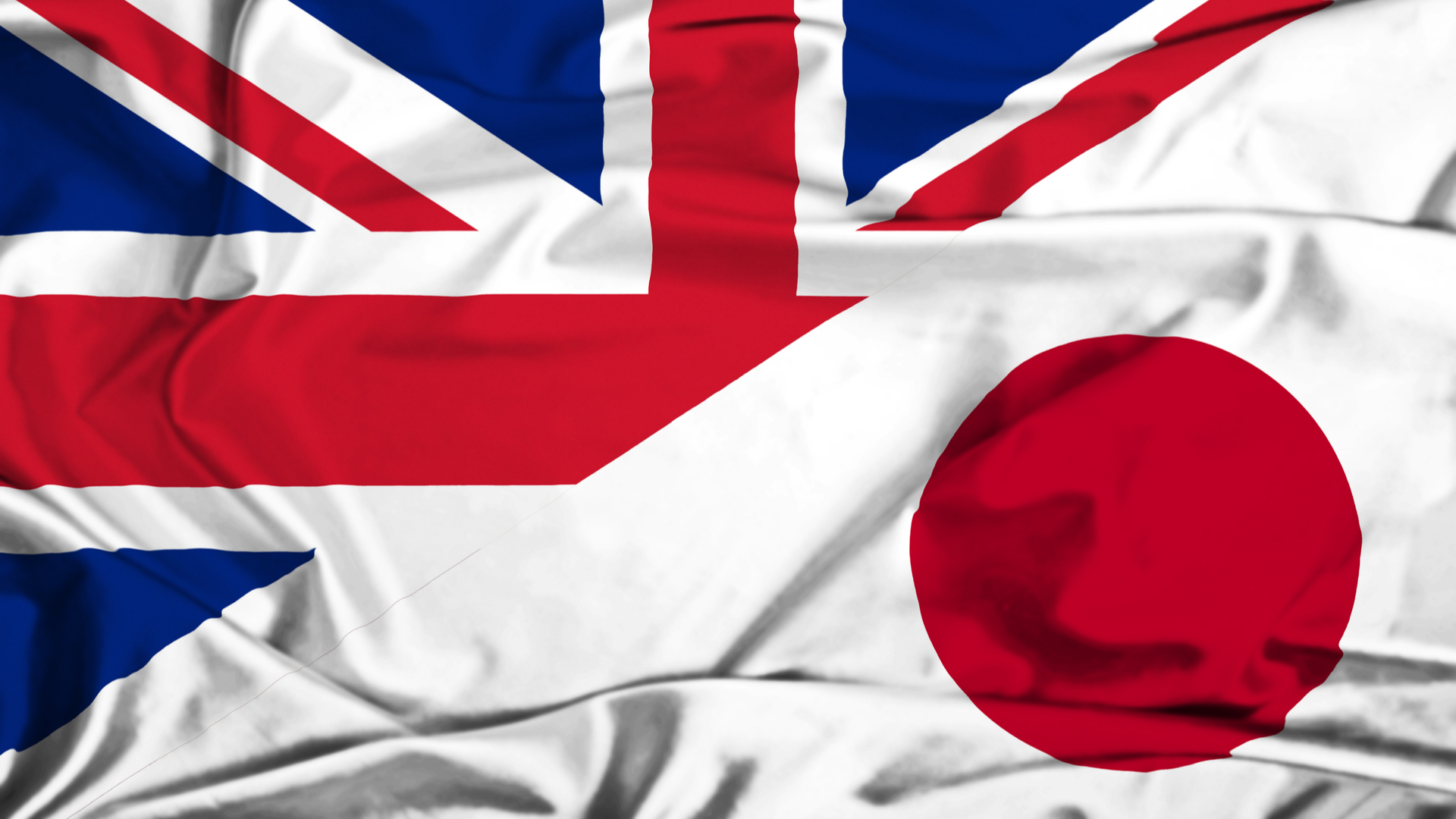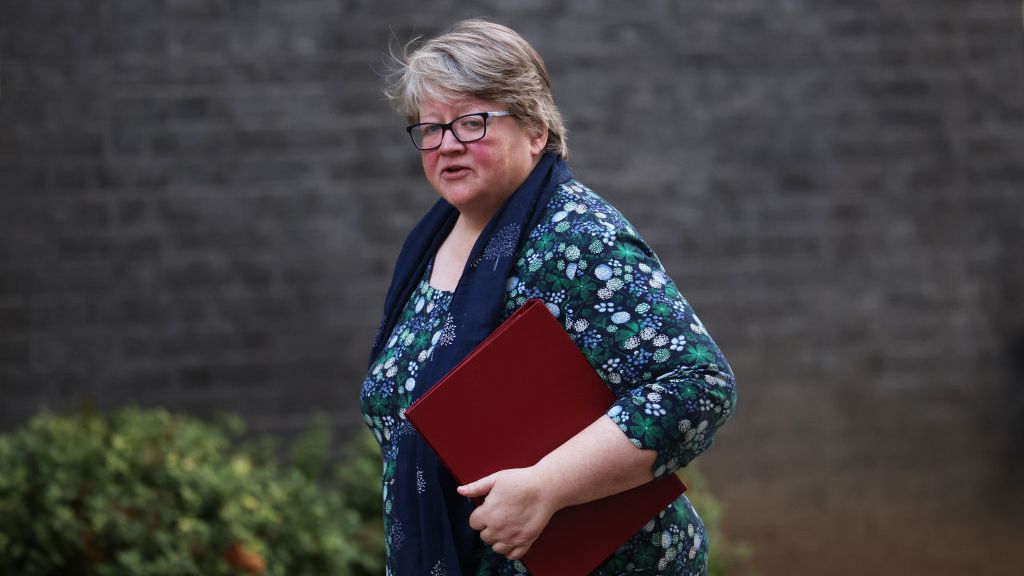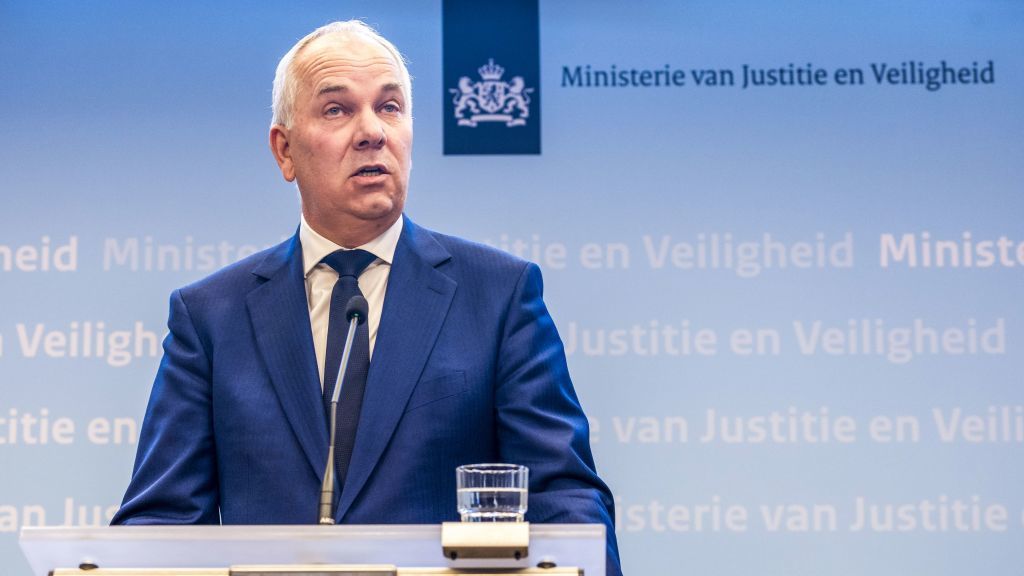Nick Clegg veto may not spell end for Snooper's Charter
Privacy experts claim Government is unlikely to drop controversial Comms Data Bill without a fight.

Nick Clegg's veto of the controversial Communications Data Bill does not necessarily mean the proposals are dead in the water, privacy campaigners have warned.
Dubbed the Snooper's Charter, the Bill's aim is to provide law enforcement agencies, such as GCHQ, with access to communications data such as emails, voice calls, and social media activity to aid the detection of criminal activity.
ISPs and mobile operators would be responsible for retaining this data, leading to fears the stored information could be targeted by cyber criminals and used to blackmail people.
Others have also poured scorn on the Government's technical abilities, with William Heath, an advisor at the Foundation for Information Policy Research, suggesting this could result in the proposals being shelved.
Speaking at a parliamentary debate in June 2012, he said: "We think it is destined to join the other old fashioned Government tech projects on the scrapheap, [such as] Nimrod and the [NHS] National programme for IT...let's not let it get that far."
I don't trust the current Government not to push ahead regardless of the Liberal Democrats.
Home Secretary Theresa May previously defended the plans, claiming the police and intelligence services have relied on communications data from landline and mobile telephones to catch criminals for many years.
"The ability of the police and others to use this vital tool is disappearing because communications data from new technologies is less available and often hardware to access," she wrote in a draft of the Bill published in June 2012.
Get the ITPro daily newsletter
Sign up today and you will receive a free copy of our Future Focus 2025 report - the leading guidance on AI, cybersecurity and other IT challenges as per 700+ senior executives
However, the Deputy Prime Minister told listeners of his weekly Call Clegg show on LBC Radio the proposals are "not going to happen" while the Liberal Democrats are in Government.
He also described plans to retain a "treasure trove" of data for crime fighting organisations to sift through as not "workable or proportionate".
According to a report on the Daily Telegraph, Clegg said: "What people have dubbed the Snooper's Charter, I just have to be clear with you, that's not going to happen.
"The idea that the Government will pass a law which means that there would be a record kept of every website you visit, of who you communicate with on social media sites, that's not going to happen. It's certainly not going to happen with Liberal Democrats in Government."
Healthy scepticismHis comments have been lauded in some quarters as a sign that plans to push through the proposals will now be dropped, but some members of the privacy campaigning community are not so sure.
Alexander Hanff, an independent privacy campaigner and advocate, said he doubts the Government will drop the Bill, and if they do it will probably be resurrected in another form at a later date.
"I am somewhat sceptical about Clegg's announcement given that this is a key piece of Whitehall policy that they have lobbied for throughout the last three terms and probably even before that," he told IT Pro.
"Even if the Bill in its current form is dead, there is still the possibility of introducing the most distasteful aspects of [it] into the Regulation of Investigatory Powers Act (RIPA) via a Statutory Instrument and I certainly wouldn't put it past the Government to use this option," he warned.
He also urged others with an interest in data privacy to keep a close eye on the Government's actions over the next few weeks, given that neither Theresa May or the Prime Minister David Cameron had commented on Clegg's announcement at the time of writing.
"Civil liberties groups that are celebrating the Clegg announcement [need] to be very cautious because it is unlikely that Whitehall will let such a key piece of policy die without a fight and frankly I don't trust the current Government not to push ahead regardless of the Liberal Democrats," he added.
Meanwhile, Emma Carr, deputy director of civil liberties campaign group Big Brother Watch, welcomed Clegg's veto of the Bill, but echoed Hanff's warning that parts of the legislation could still be pushed through.
"We're happy that this is dead, but we need to make sure it doesn't rise from the dead again. The news that the draft bill has been binned reflects just how widespread the opposition has been to this proposal. Nick Clegg has made the right decision for our economy, for internet security and for our freedom.
"Last year Skype gave British police more data than any other government, including the USA. To say that the police can't get data from the internet without the bill is simply wrong.
"Where security or child safety is at risk, companies already comply with police requests and there was a real risk that this bill would make the situation worse by driving dangerous people underground into encrypted services," she continued.
She also said the money spent on pushing through the Bill could be better spent on skilling up the law enforcement community so they could make better use of the huge volumes of data already at their disposal.
"If small technical changes to existing legislation are required, then they should be properly thought through before being subject to the widespread consultation and comprehensive assessment this Bill sorely lacked," Carr concluded.
-
 The UK government wants quantum technology out of the lab and in the hands of enterprises
The UK government wants quantum technology out of the lab and in the hands of enterprisesNews The UK government has unveiled plans to invest £121 million in quantum computing projects in an effort to drive real-world applications and adoption rates.
By Emma Woollacott Published
-
 Netgear WBE710 review
Netgear WBE710 reviewReviews The compact WBE710 delivers great cloud management features and a good turn of Wi-Fi 7 speed – but it does have a premium price tag
By Dave Mitchell Published
-
 The UK cybersecurity sector is worth over £13 billion, but experts say there’s huge untapped potential if it can overcome these hurdles
The UK cybersecurity sector is worth over £13 billion, but experts say there’s huge untapped potential if it can overcome these hurdlesAnalysis A new report released by the DSIT revealed the UK’s cybersecurity sector generated £13.2 billion over the last year
By Solomon Klappholz Published
-
 "Thinly spread": Questions raised over UK government’s latest cyber funding scheme
"Thinly spread": Questions raised over UK government’s latest cyber funding schemeThe funding will go towards bolstering cyber skills, though some industry experts have questioned the size of the price tag
By George Fitzmaurice Published
-
 Threat of cyber attacks to national security compared to that of chemical weapons
Threat of cyber attacks to national security compared to that of chemical weaponsNews The UK government has raised the threat level posed by cyber attacks, deeming it greater on average than an event such as the Salisbury poisoning
By Rory Bathgate Published
-
 2022 Public Sector Identity Index Report
2022 Public Sector Identity Index ReportWhitepaper UK Report
By ITPro Published
-
 UK and Japan strike digital partnership to collaborate on IoT security, semiconductors
UK and Japan strike digital partnership to collaborate on IoT security, semiconductorsNews The two countries are also set to align their approaches to digital regulation to make it easier for companies to operate in each nation
By Zach Marzouk Published
-
 Defra's legacy software problem 'threatens' UK gov cyber security until 2030
Defra's legacy software problem 'threatens' UK gov cyber security until 2030News The department spends over two-thirds of its digital budget on maintaining the risky applications, with no plan in place for a fix within the decade
By Rory Bathgate Published
-
 Netherlands urges citizens to prepare survival kits in case hackers target critical infrastructure
Netherlands urges citizens to prepare survival kits in case hackers target critical infrastructureNews The latest campaign from the national coordinator for security echoes the growing concern in the UK government over serious cyber attacks
By Zach Marzouk Published
-
 35 cyber startups join largest UK government-backed accelerator
35 cyber startups join largest UK government-backed acceleratorNews The startups will benefit from business masterclasses, mentoring and engineering support, and technical product development support
By Zach Marzouk Published